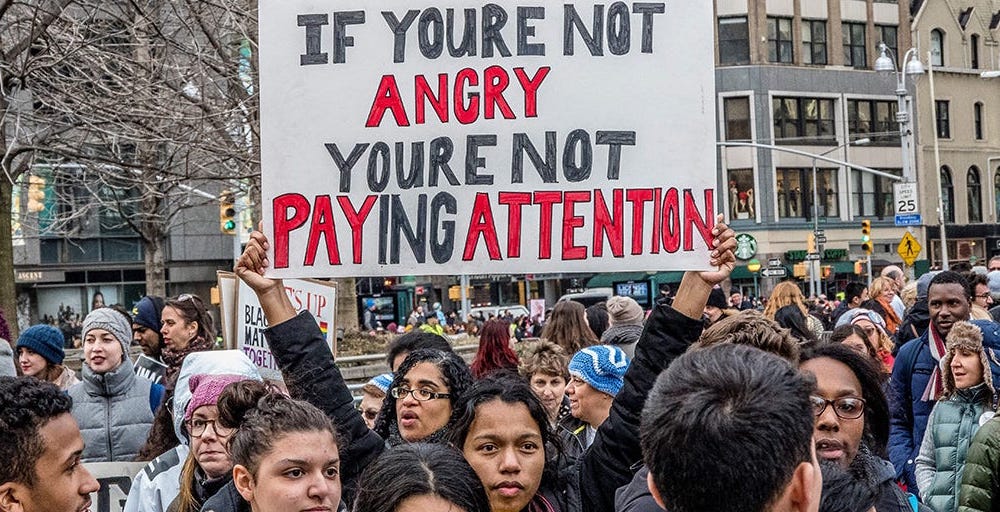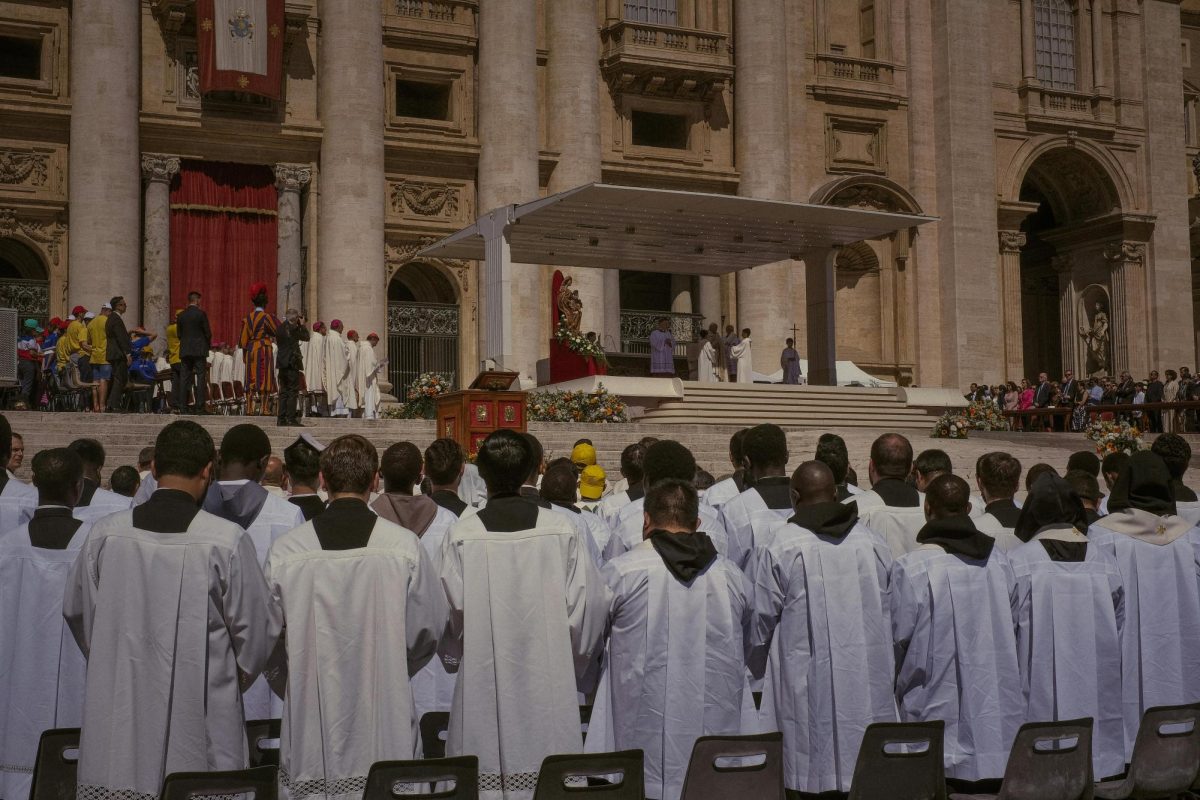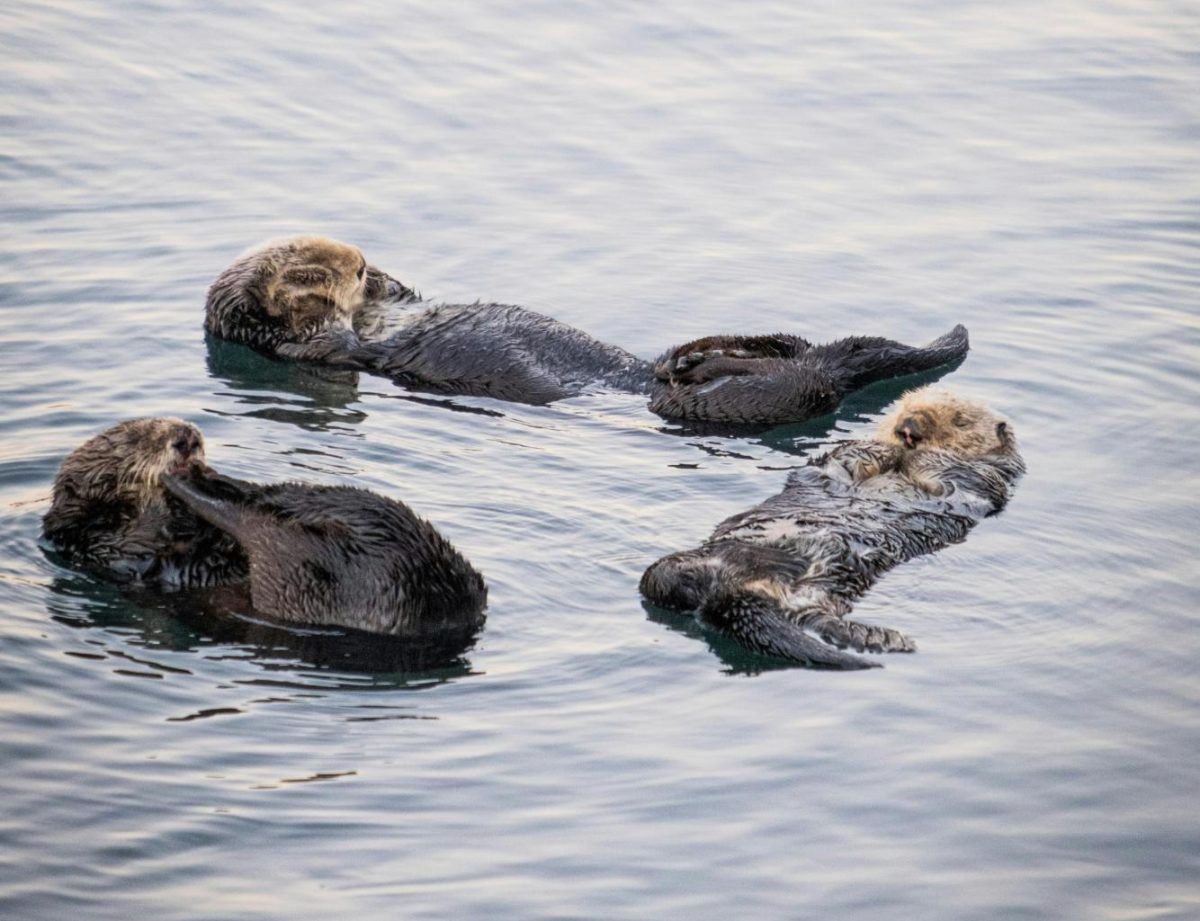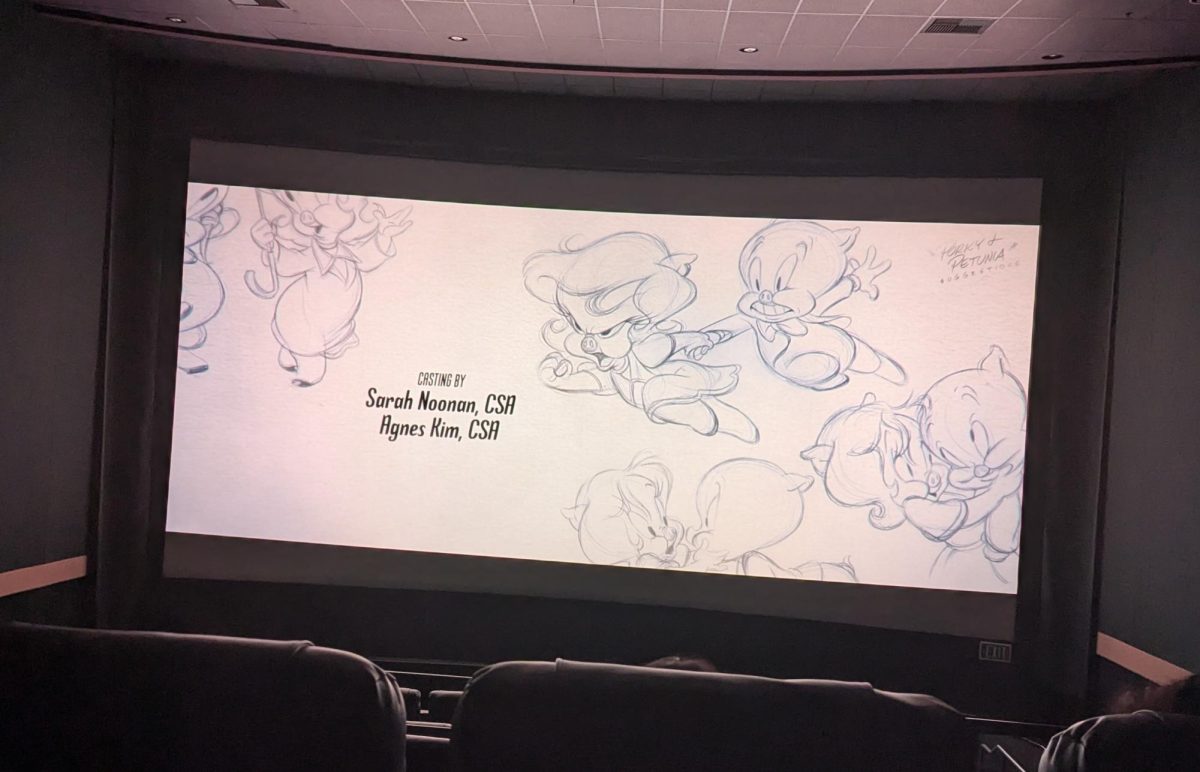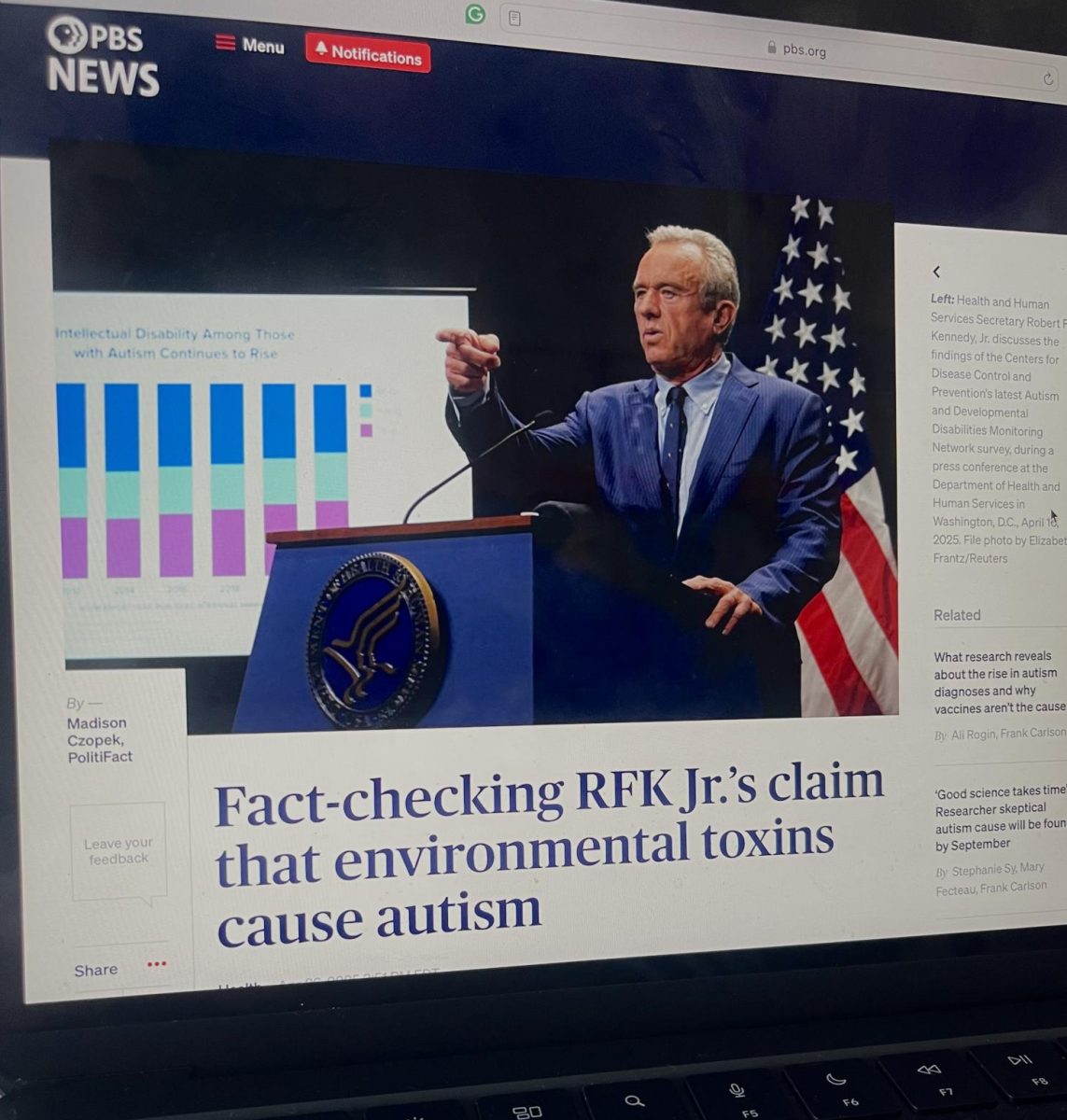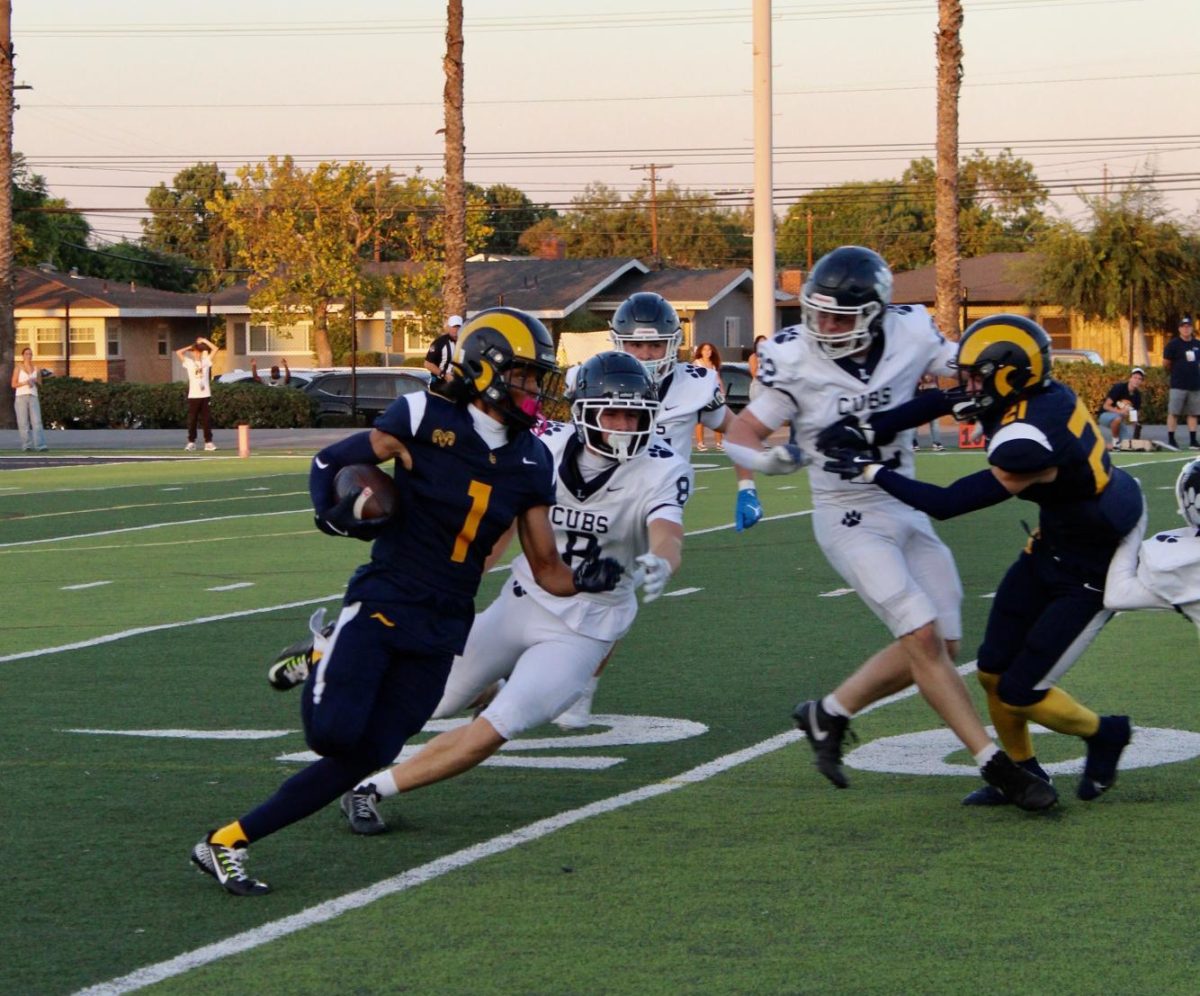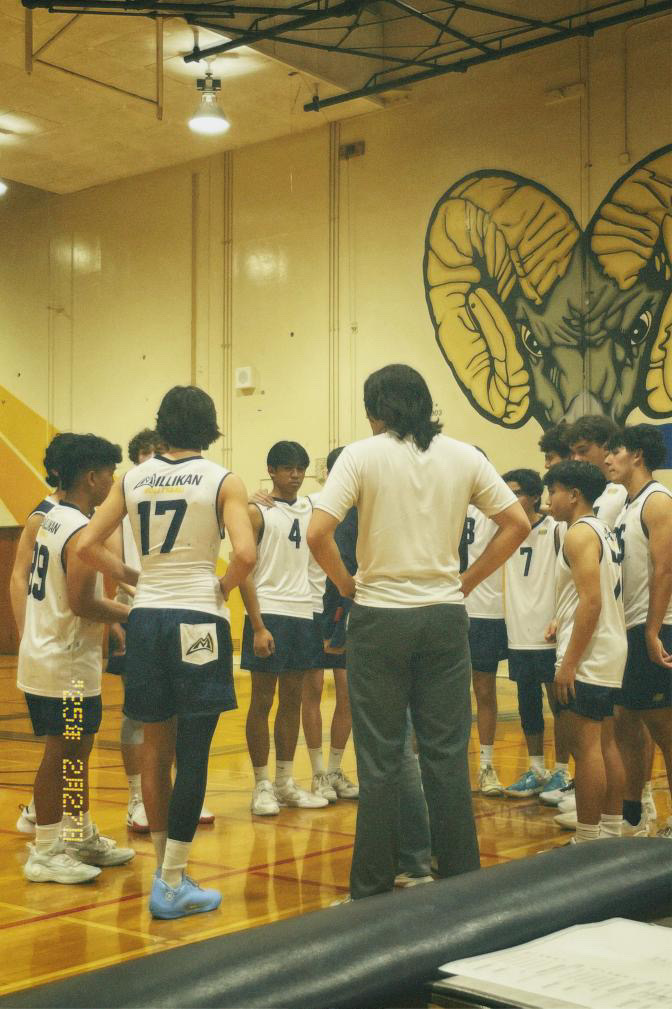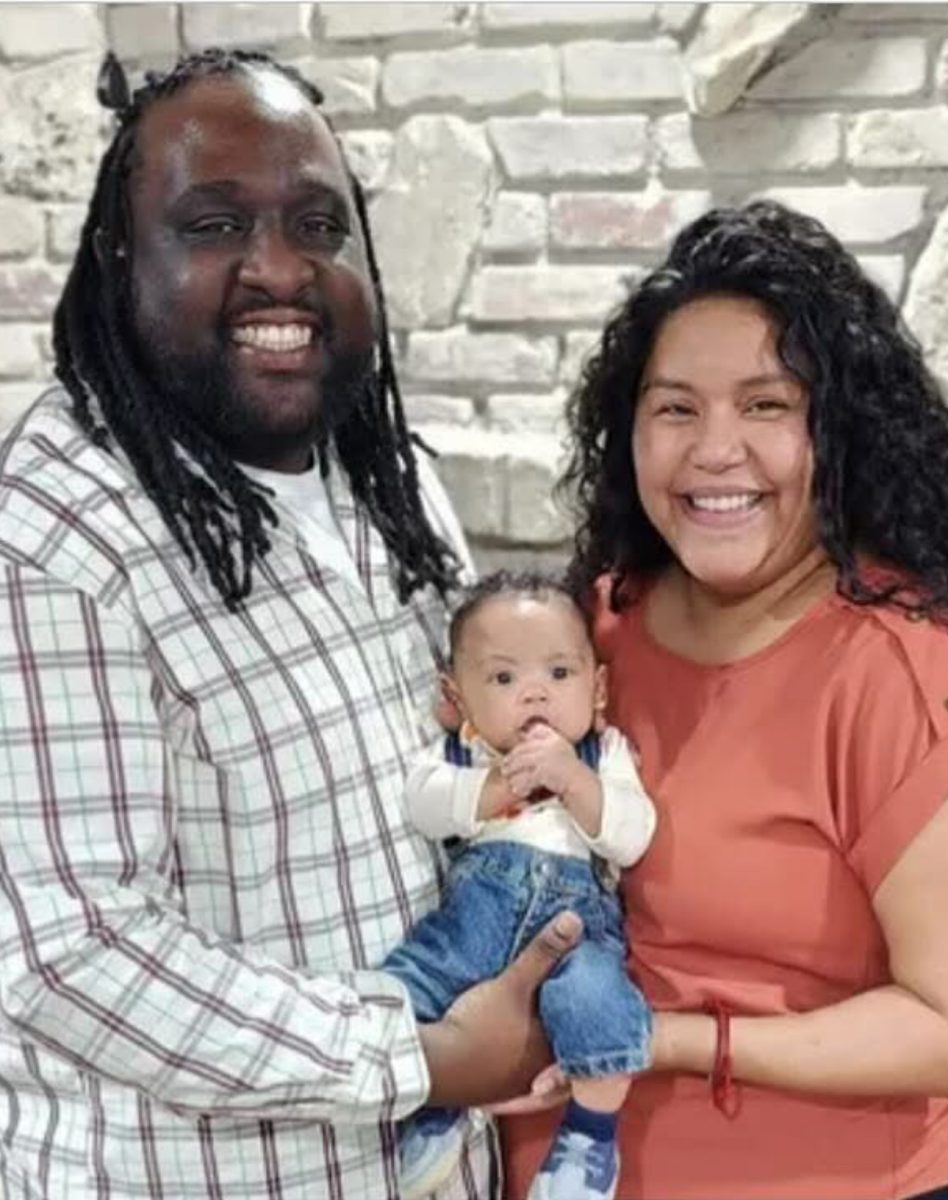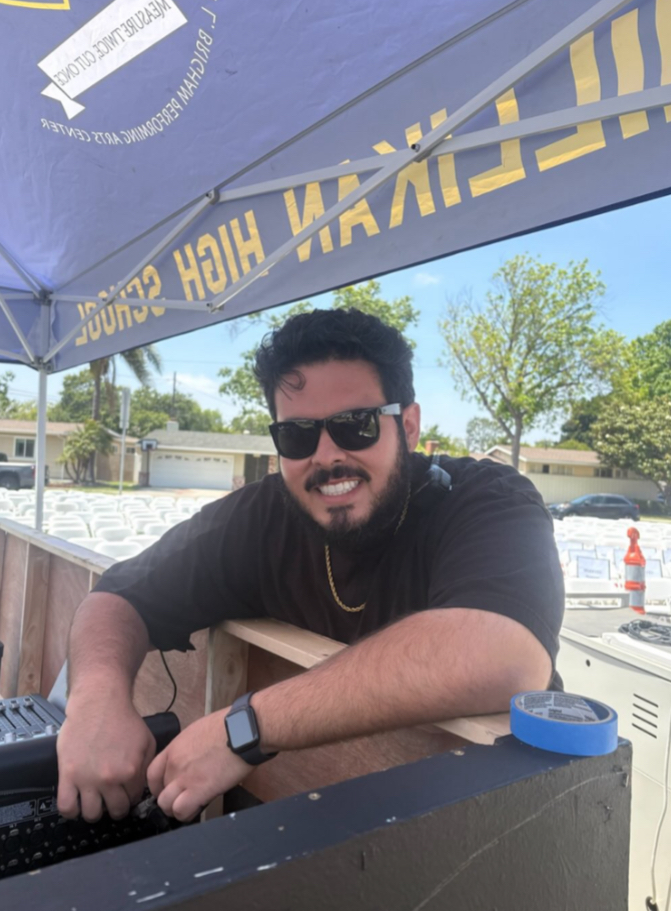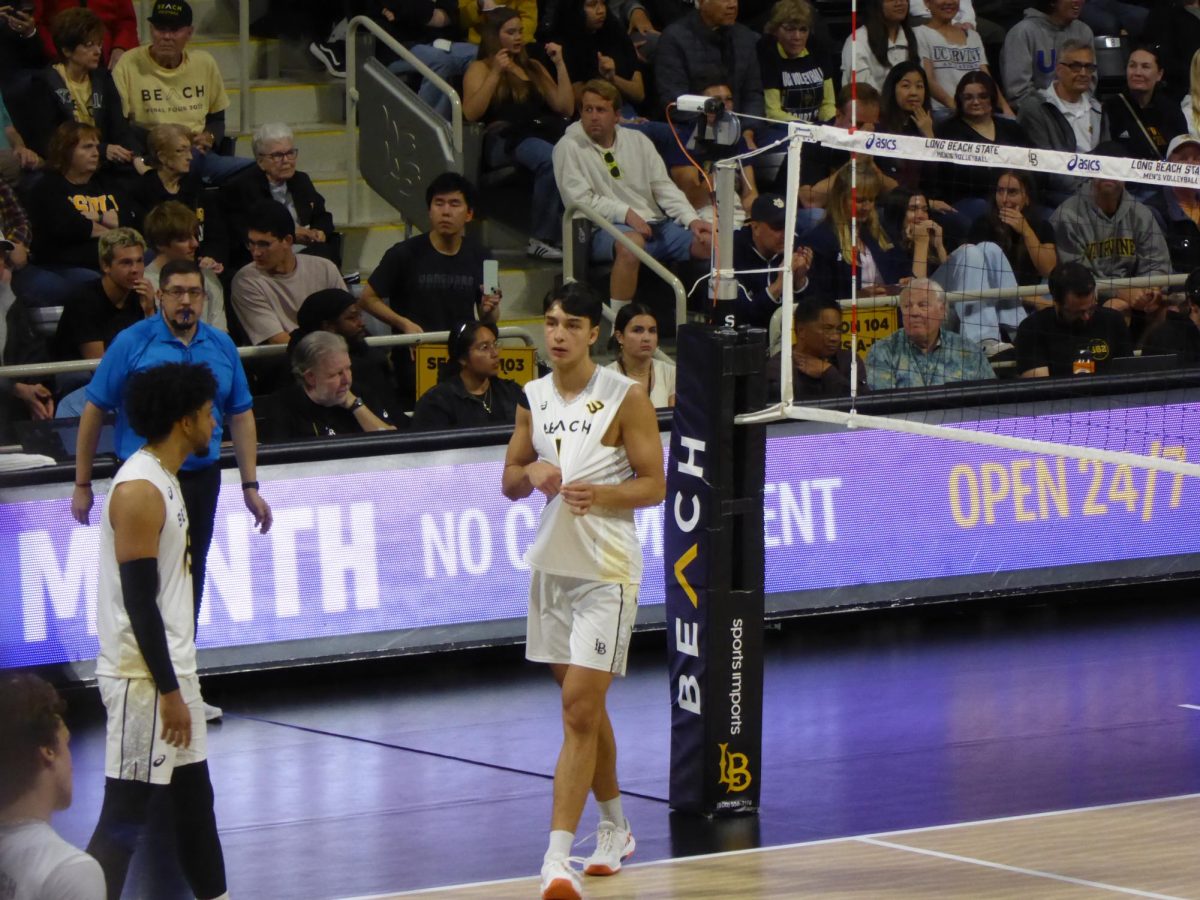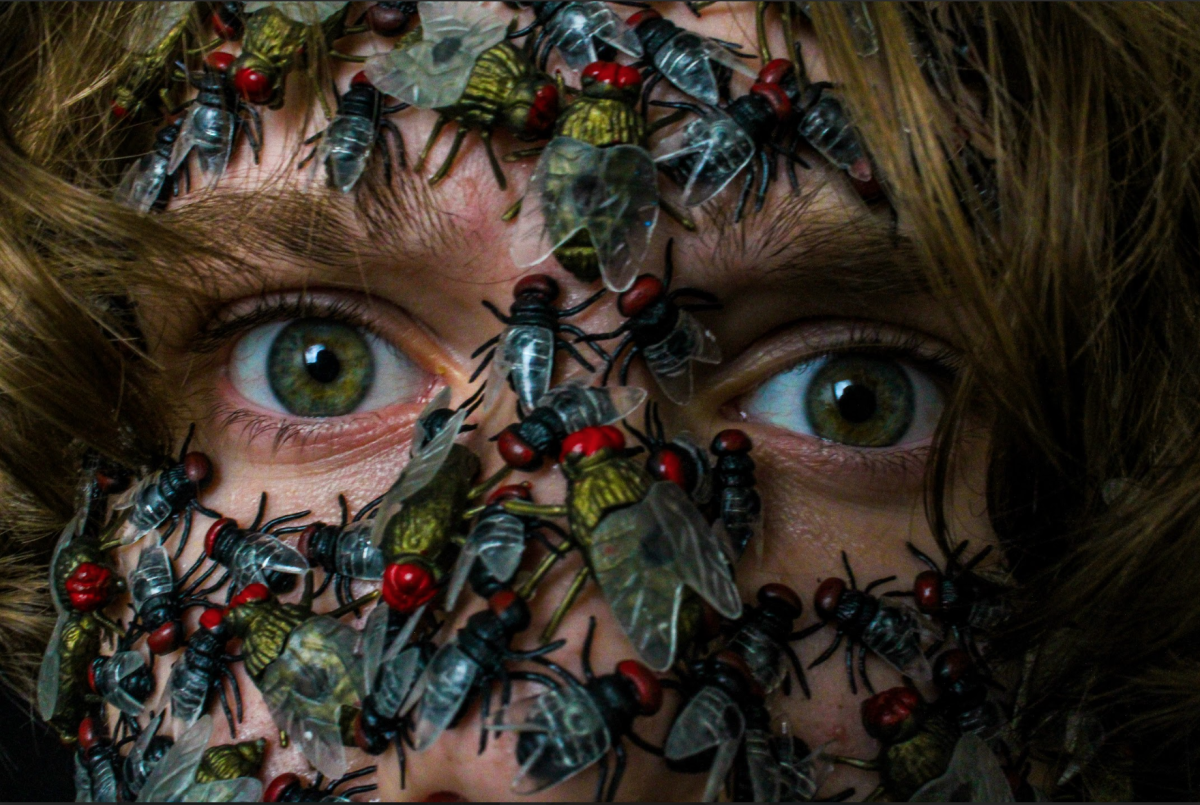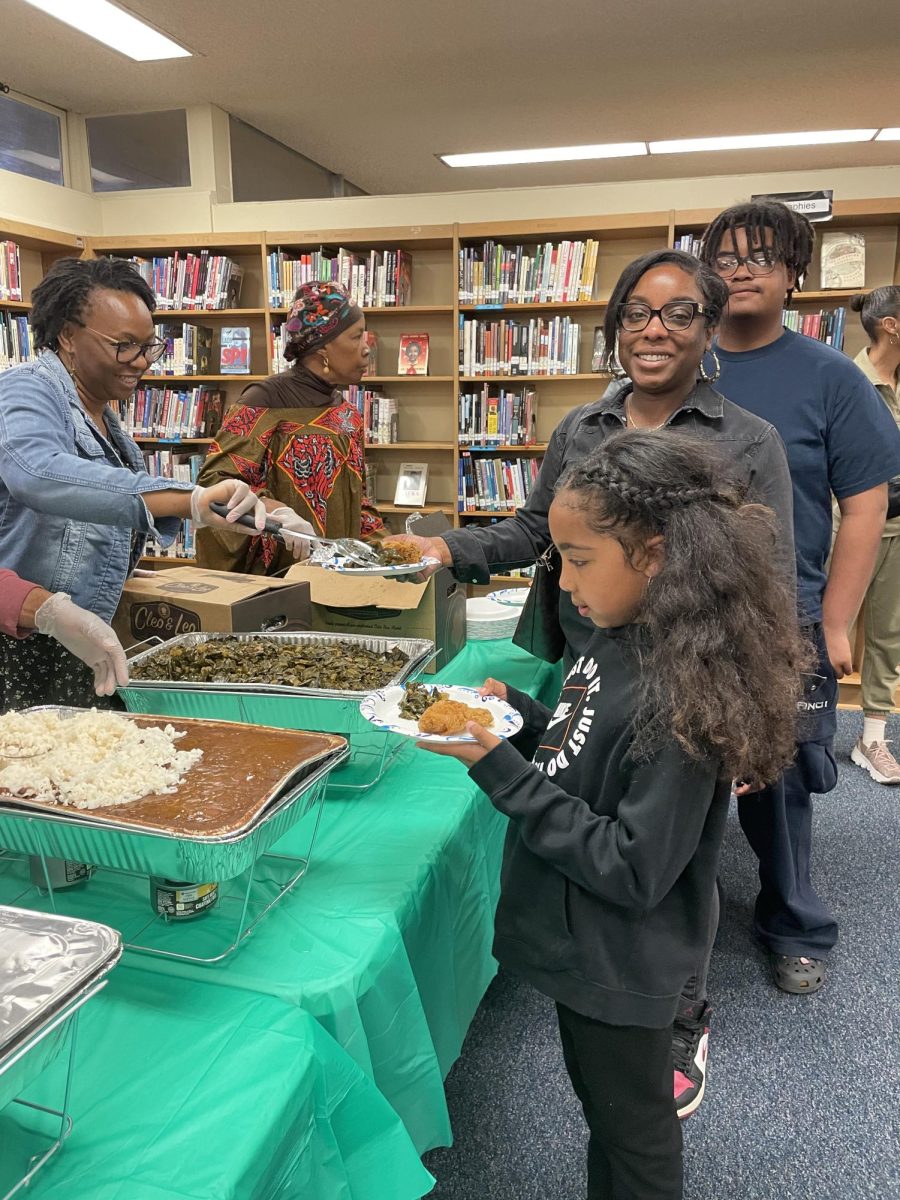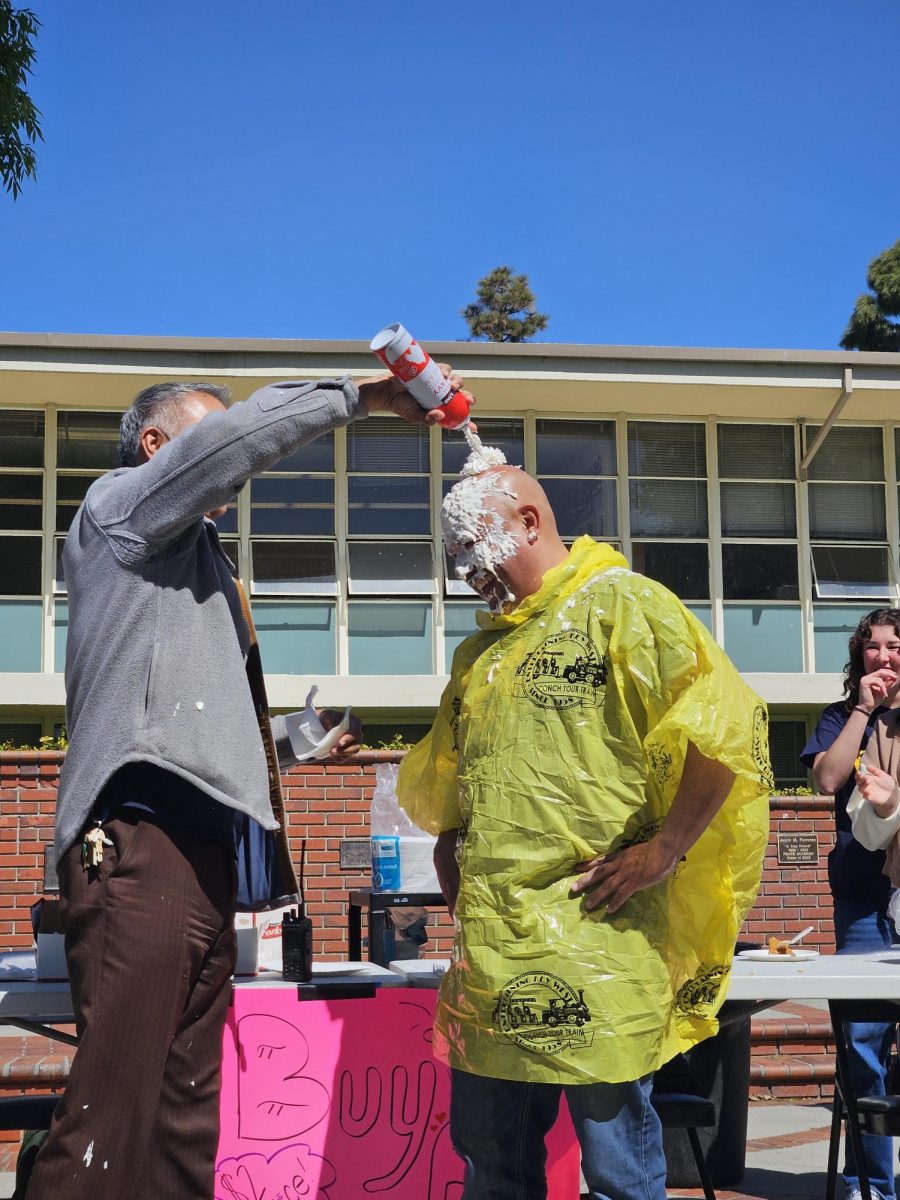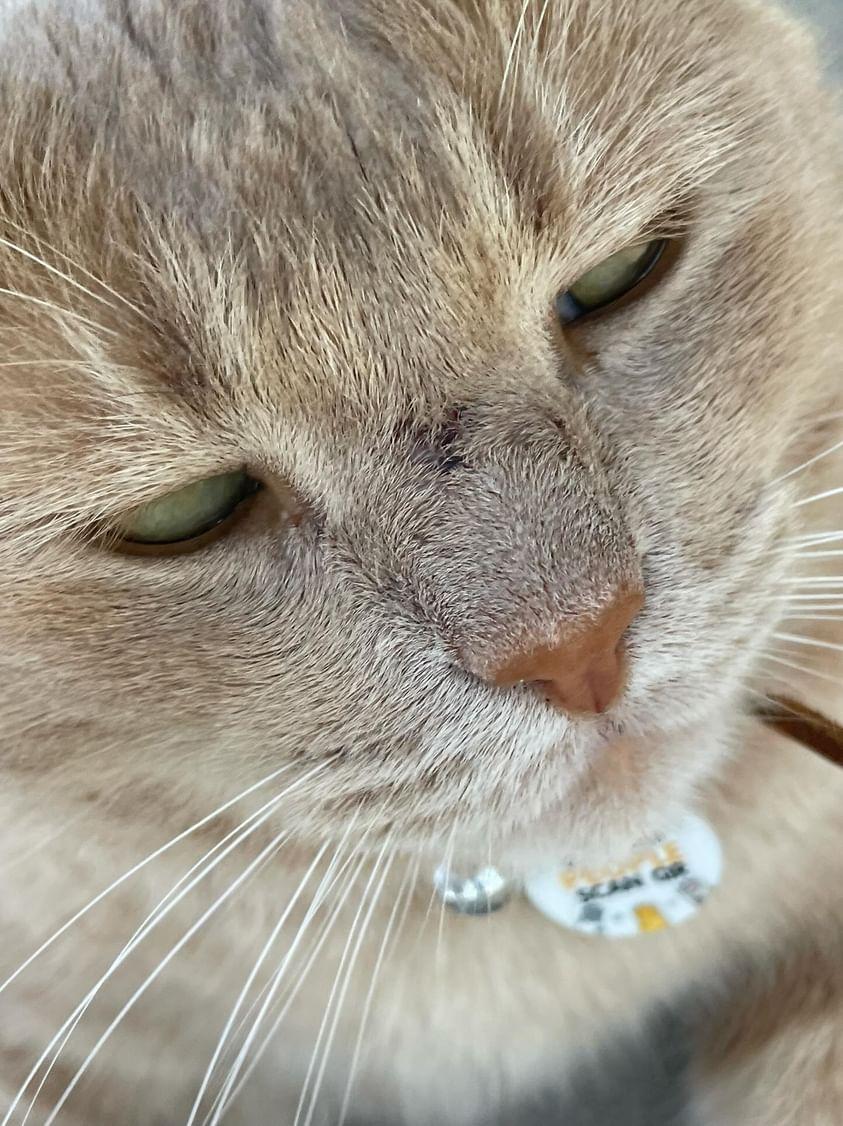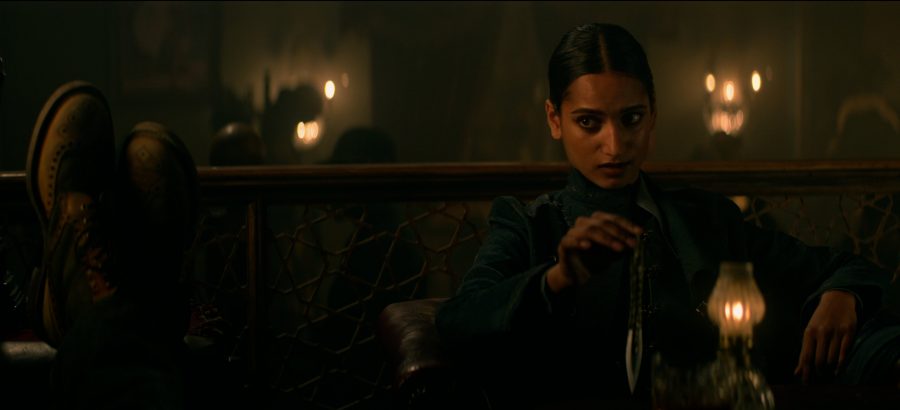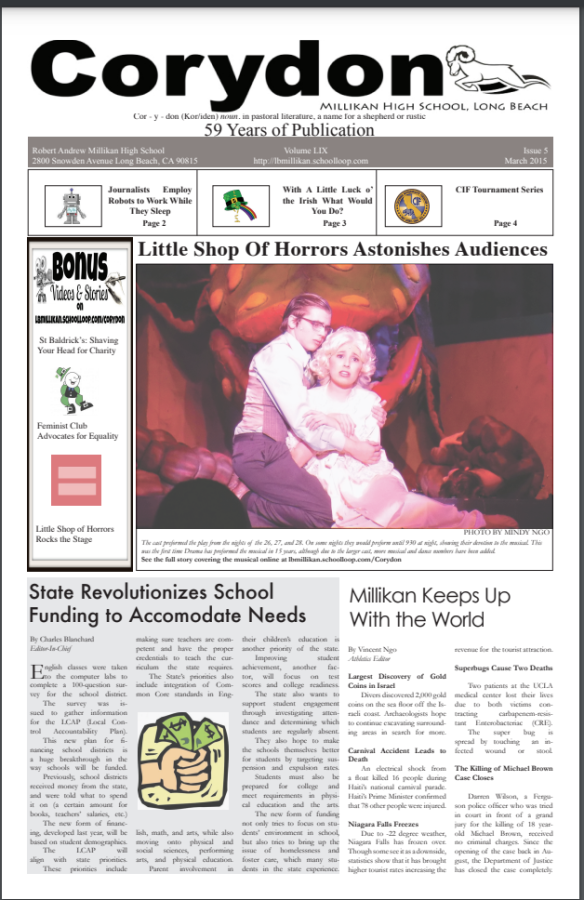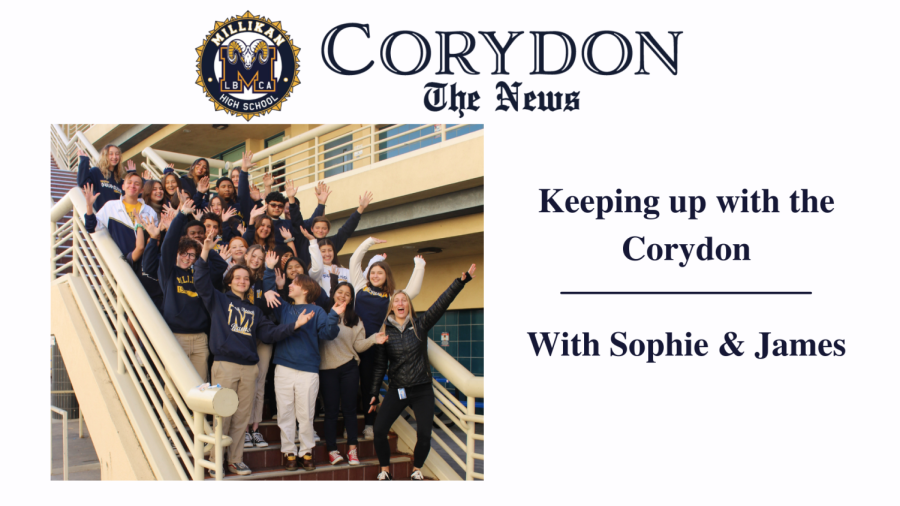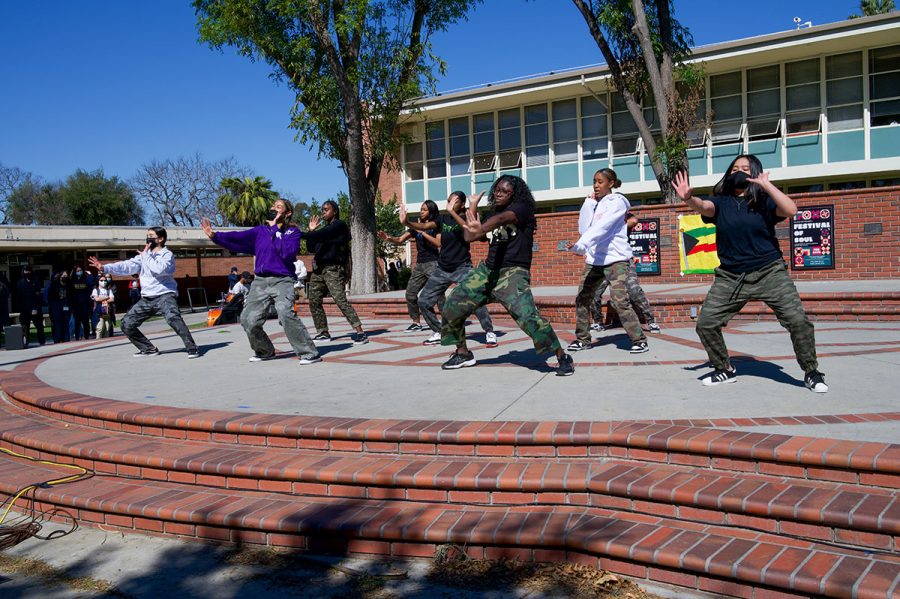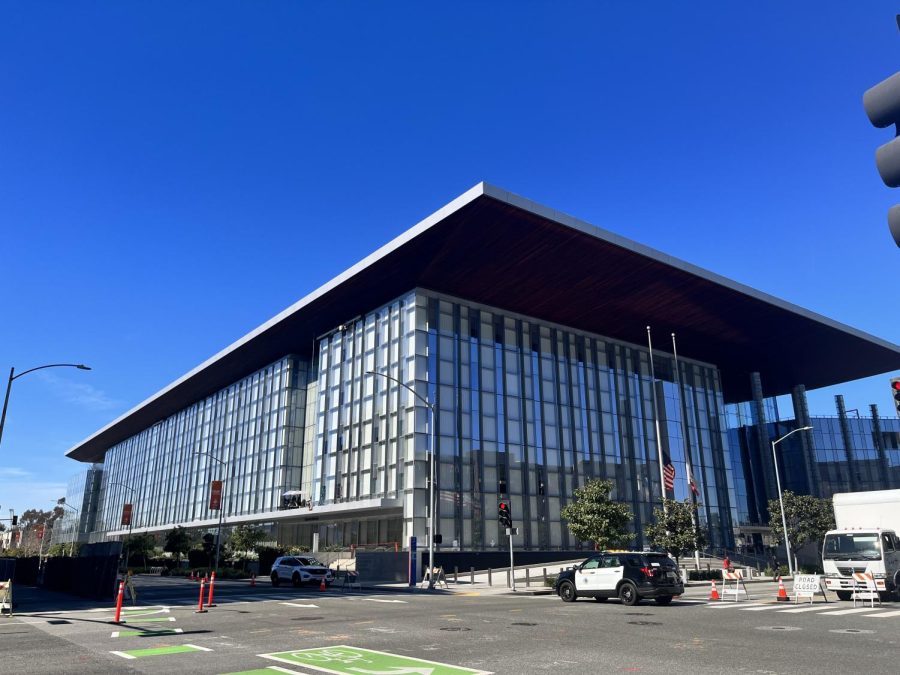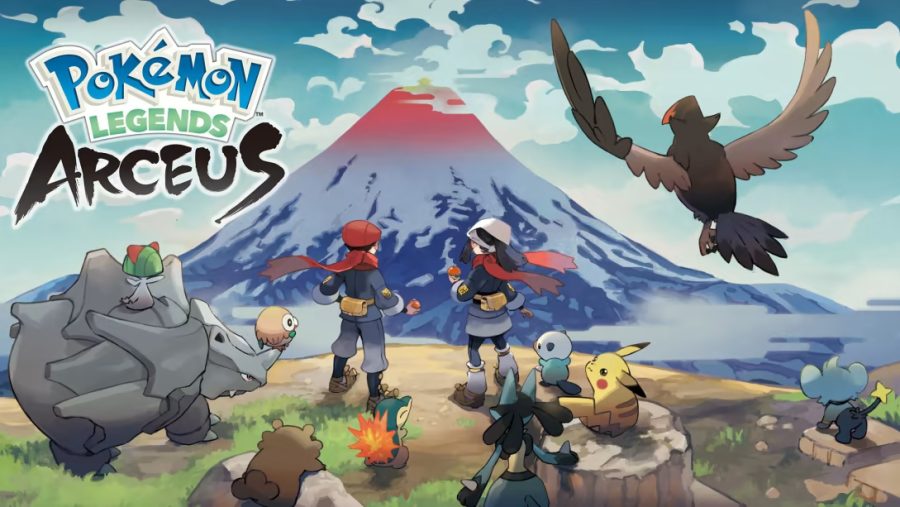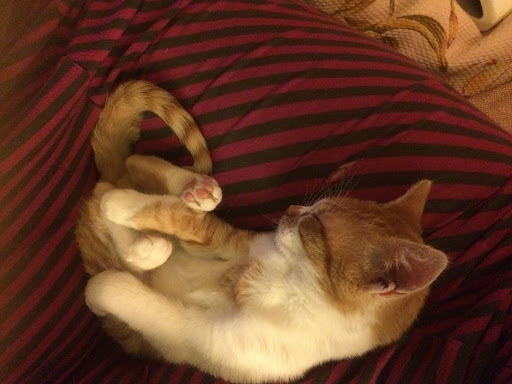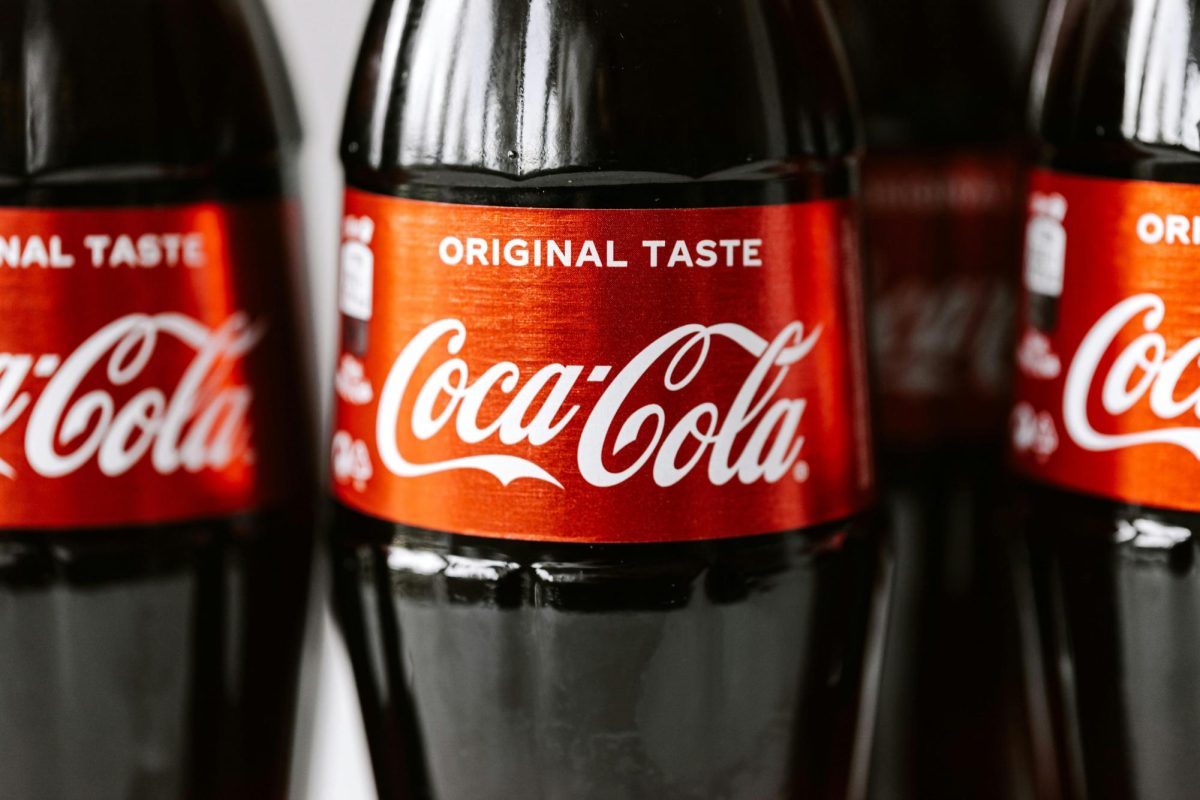By Isabella Talavera
Copy Editor
Ever since Leigh Bardugo’s Grishaverse books were greenlit in 2019 to become the Netflix series Shadow and Bone, I’ve followed the progress of the producers and actors. As a brown girl, I was especially excited to watch Nepal-born actress Amita Suman play my favorite character, the spy Inej Ghafa. However, this past month, Suman’s stunt double, who is white, proudly posted pictures of herself wearing a brown skin suit and brownface in preparation for her stunt work for Inej. How could a show that consistently championed its diverse cast have mostly white people behind the scenes, doing the colored actors’ work for them?
After about a week, author Leigh Bardugo and showrunner and executive producer Eric Heisserer, after saying they were not speaking in an official capacity, posted their opinions on an Instagram live and Reddit post respectively. The stunt double has since made her account private. Bardugo was genuinely apologetic and upset, whereas Heisserer was seemingly passing the blame onto the production team despite the fact that he was the showrunner. How could the showrunner not know what was going on behind the scenes? Production teams and showrunners should promote diversity behind the scenes, not just on screen, to give people of color (POC) and members of the LGBTQ+ spectrum more opportunities in such a big industry.
Even though the brownface issue did not take away from the quality of storytelling and acting in Shadow and Bone, the topic of diversity still needs to be addressed. Brownface and blackface were invented by white people in the past to make a mockery out of POC. The color of someone’s skin isn’t something actors and makeup artists should get to put on and take off when it’s convenient for them. There are so many studios and actors all around the world, so it shouldn’t be hard to find someone who’s at least somewhat similar to the original actor they’re doubling for.
Though stunt casting is different because the doubles are cast for their physique and skill, productions need to uplift POC doubles, writers, and those in other positions because it gives them a chance to partake in something they love doing. The production team wields a lot of influence because they are the ones who create the story and decide what to show to the public, so they can have big impacts on the way people consume stories and media. POC or LGBTQ+ producers know better than anyone how to tell a story featuring a character like them without the stereotypes because they are living those lives.

PHOTO COURTESY OF ISABELLA TALAVERA
The Millikan auditorium is used by Millikan’s different performing arts classes to put on different productions and stories.
“For too long, the white voice has been the dominant one and it has contributed to the caste system we have here in America,” says assistant principal Cheryl Savio. “It has served to suppress and oppress diverse voices and experiences. I keep shaking my head at how much our country has missed out on by silencing these perspectives.”
However, diversity shouldn’t be there just for the sake of diversity. Casting and hiring someone based on skill is important, but if production teams hire someone solely because of their skin color or place on the LGBTQ+ spectrum, that’s not praising diversity. That’s unnecessary because it values someone for how different they are from the cisgender, white, and heterosexual employees already in the industry. While it’s important to elevate POC and LGBTQ+ voices, it’s crucial to remember them as people with valuable skills in a competitive industry, not as people to be cast for brownie points.
“Growing up as biracial and adopted, it was always a rarity to see someone else who looked like me on TV or to see any mixed race families. It was always really lonely in the feeling that I was the only one in my situation,” says COMPASS sophomore Ally Wenger. “I think it’s super important for kids, growing up, to see that they’re not alone and there’s more to the world than just black and white.”
“For anyone who doesn’t believe we live in a caste system and believes our country has already achieved equity, I challenge you. I challenge everyone to do their own personal equity audit. Who do you follow on your social media? Who is in your friend network (is it diverse)?” adds Savio. “Where do you seek information about the world around you – does it include multiple narratives? Where do you shop? What voice do you seek out when you choose a book to read? We have a responsibility to do only good in this world. I am eager for the day when we can see, hear, feel, and listen without judgment.”

